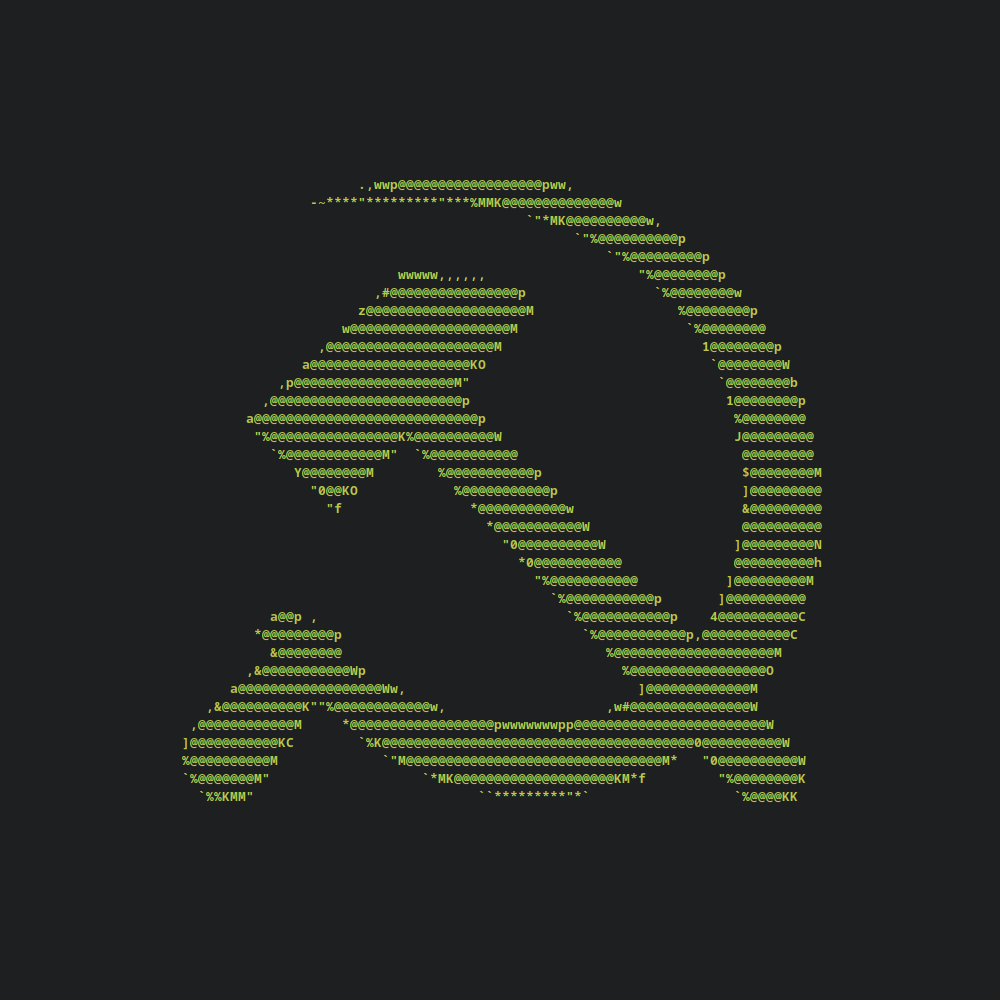My gut answer is “yes!!!” or “revolution” but I want to hear what y’all think. For those unware, some creative professions such as film writers get paid a small portion of all revenue generated by their work after it’s been produced, which is called a “residual,” and it’s part of their current fight with hollywood not properly paying those residuals due to the streaming loophole.
Since most programs that are profitable are based on the work of long gone developers (basically capital that gets worked on by machine labour), I think this might be a great demand for an eventual software development union.
What do y’all think?


The USSR didn’t grant any individual citizen IP rights and it worked out pretty well for them.
I’m saying this with all the love in my heart, but royalties under socialism is a petit bourgeois dream. “I’ll make a super cool app and get paid millions for it and never have to work again!” and I get it, because who actually wants to get up every morning in capitalism?
But in socialism, the result of your labour is socialised. We don’t have the socialisation of labour and anarchy of production, we have the socialisation of both.
You make a great app, you get perhaps some recognition, the state takes ownership of it, and can make it available to your peers free of charge. Remember that by being granted royalties for your creation (as much as it can be considered your sole creation), you effectively increase the costs for someone else to use your product and prevent some from using it. This shouldn’t happen in socialism. It would lead us right back to capitalism.
If it’s a team effort and you have 5, 6 or more authors, with all of them being paid residuals, you have to multiply the price of the product to cover their share as well.
It’s in fact become more apparent than ever that software needs to be free in all ways in the 21st century.
It’s actually interesting you mention film directors because their unions fought to get residuals. They used to be (and still are outside of the big names) considered employees of a studio who were hired to deliver a product, and once again studios are trying to cut the costs of labour. They used to be paid a pittance to direct movies (compared to the time put into a single project) and then the company would make millions out of this. It also gave them revenue during the “off-seasons” if there were fewer productions or smaller budget ones ongoing, since they were at the mercy of the studio putting them on a project.
Fair points!
I think the perspective I’m going with this is more of a reformist socdem-ish “current conditions” one rather than the ideal world after a revolution. A lot of my colleagues had to jump straight from job to job without time to re-orient themselves, or even work without vacations for years for fear of being “let go” under the gig economy situation that is enforced particularly on poorer people. And it’d be very hard to enforce paid time off on freelancing afaik.
So the intent behind the idea is less of a “I will make a blockbuster app and make millions” but rather a “I’ll be able to afford rent even if I get fired.” But once we get to the point where people aren’t thrown on the streets for being unemployed, I definitely agree that residuals (or the concept of IP or non-FOSS software for that matter) shouldn’t be maintained.
The writers (and their current fight with AMPTP) are direct inspiration specifically because of how it was one of their strongest demands in the 70s and from what I heard it really made their lives more liveable, and it seems to be a pretty similar job structure to software development. A good intersection of those is the game dev industry, that is structured around hiring as many fresh developers, overworking them and then laying them off once the game is done. AFAIK they don’t have any residuals guaranteed by law, and their working conditions are generally pretty hellish being part of the biggest entertaining industry.
It’s a strange balance to make on a software union, because freelancing is not entirely a bad thing (i.e. more flexible hours and work from home by default), but a lot of already established STEM unions are explicitly against it and that puts off a lot of people from organising. Specially those who really need that freelancing job for their own particular reasons. I’m kinda trying to think of ways to reconcile those two very different forms of software work in my head in a way that doesn’t hurt either of them. I would be happy to hear more suggestions or feedback.